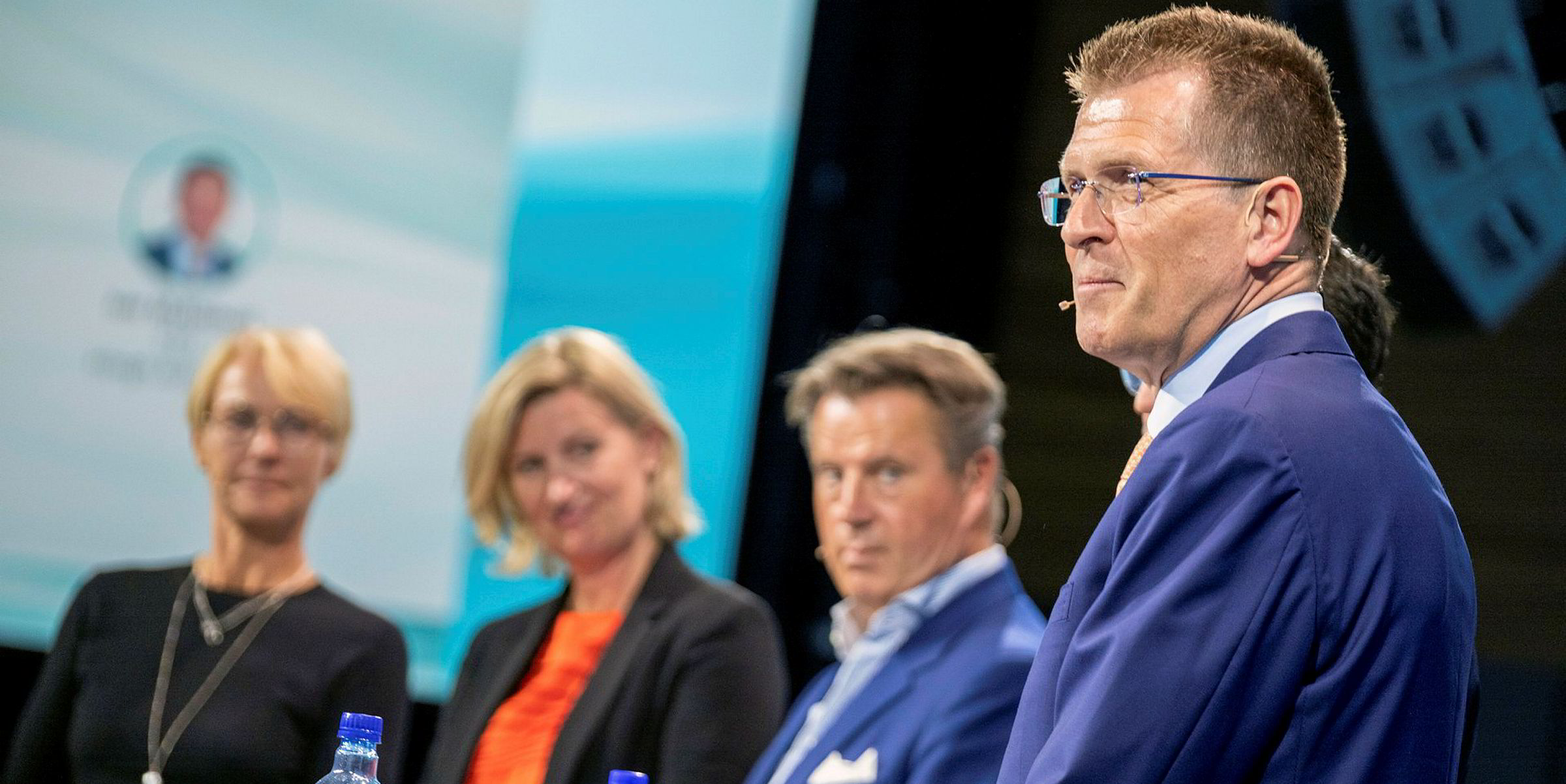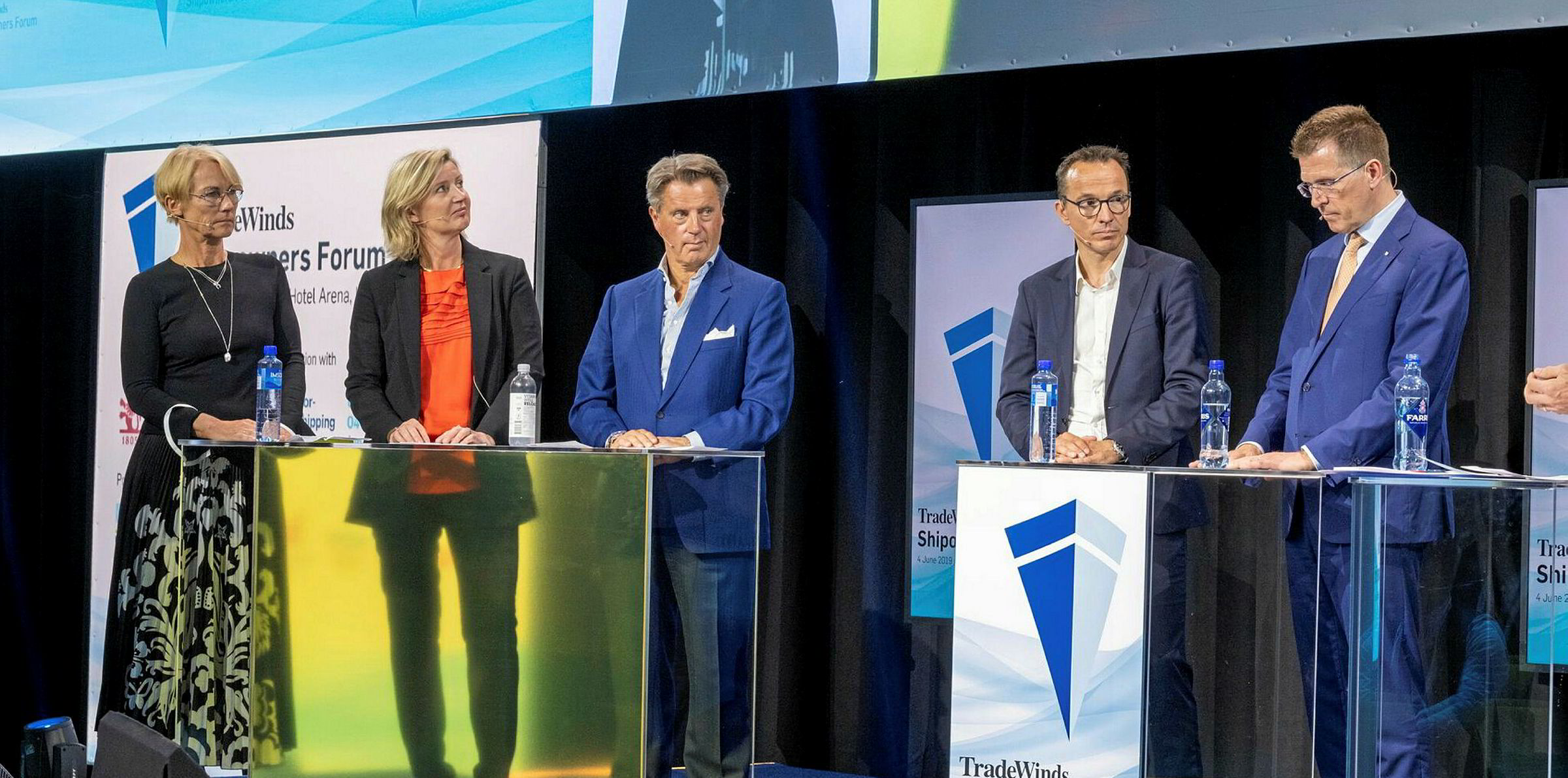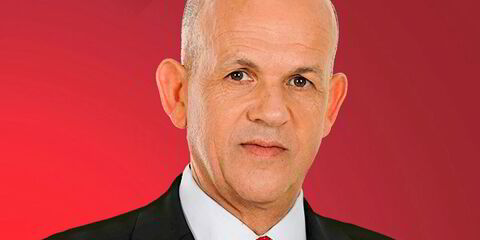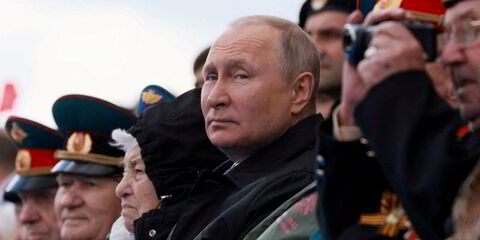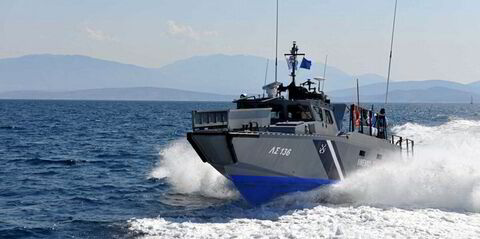The growing trade war between the US and China is leading car makers to put investment in their inbound logistics chains on hold, Hoegh Autoliners chief executive Ivar Myklebust told TradeWinds.
There is little direct trade in finished vehicles between the two countries, meaning it is hard to judge how US tariffs and China’s counter measures will impact the car carrier sector.
But speaking on the sidelines of last week’s TradeWinds Shipowners Forum in Oslo, Myklebust spelled out the impact on the auto industry's inbound logistics — that is, manufacturers' imports of parts.
He said some export plans from China to the US have been been put on hold until there is more clarity over the future of the trade between the two countries.
Meanwhile, Myklebust said the environment is one of the key reasons that his Oslo-headquartered car carrier operator has decided against using scrubbers to meet IMO 2020 emissions regulations.
"We are not comfortable with the environmental footprint of the scrubber case," he said.
He added that although fuel costs are embedded in the rates that car carrier operators charge customers, he said the industry's challenge will be to determine the contractual clauses that will take into account the blended fuels used to comply with IMO 2020.
This article has been amended since publication to reflect that Myklebust's comments referred to automobile manufacturers' inbound logistics, rather than outbound car exports.
